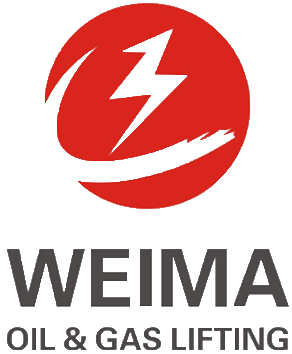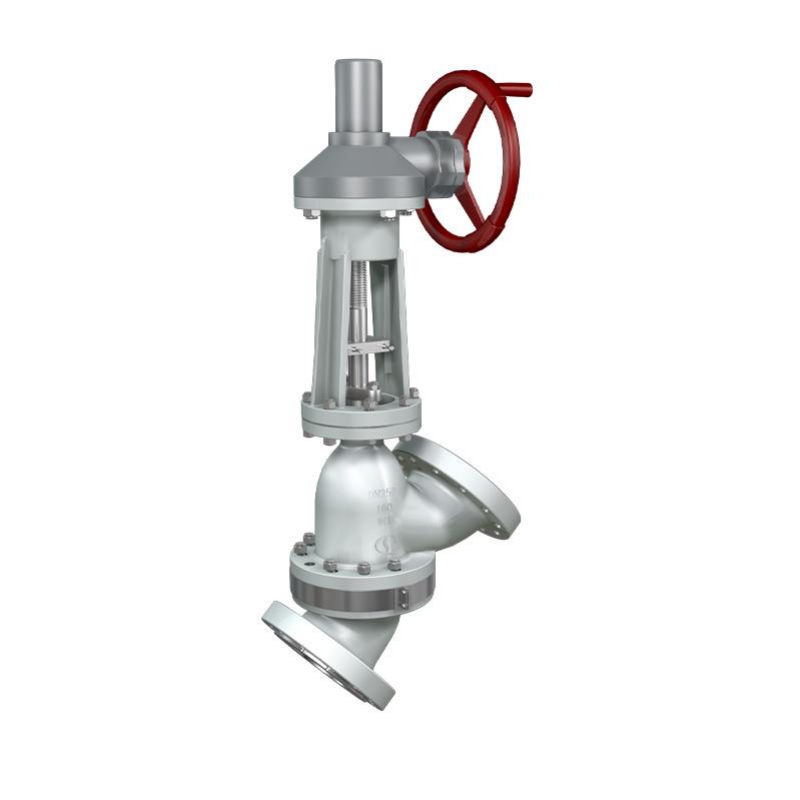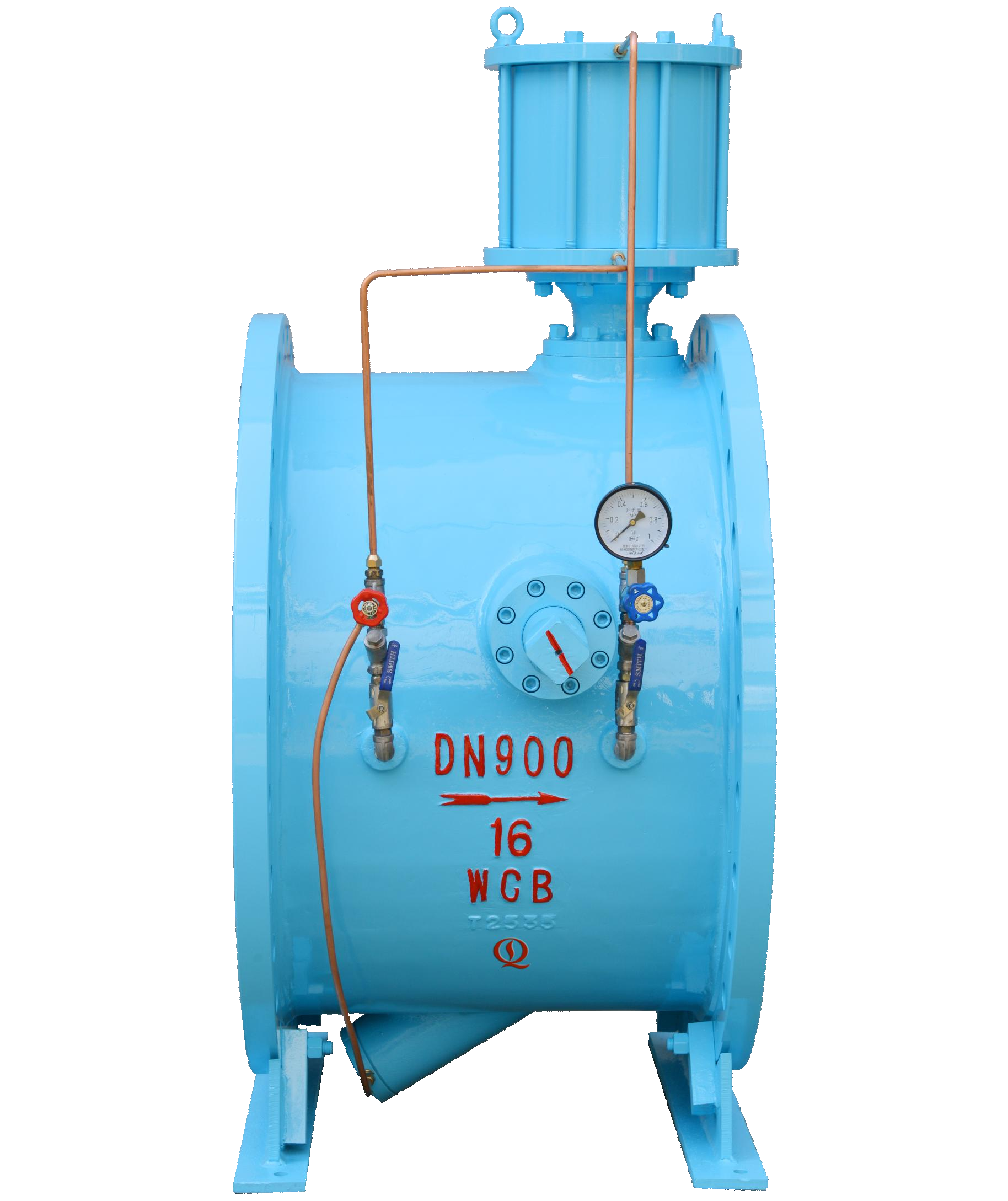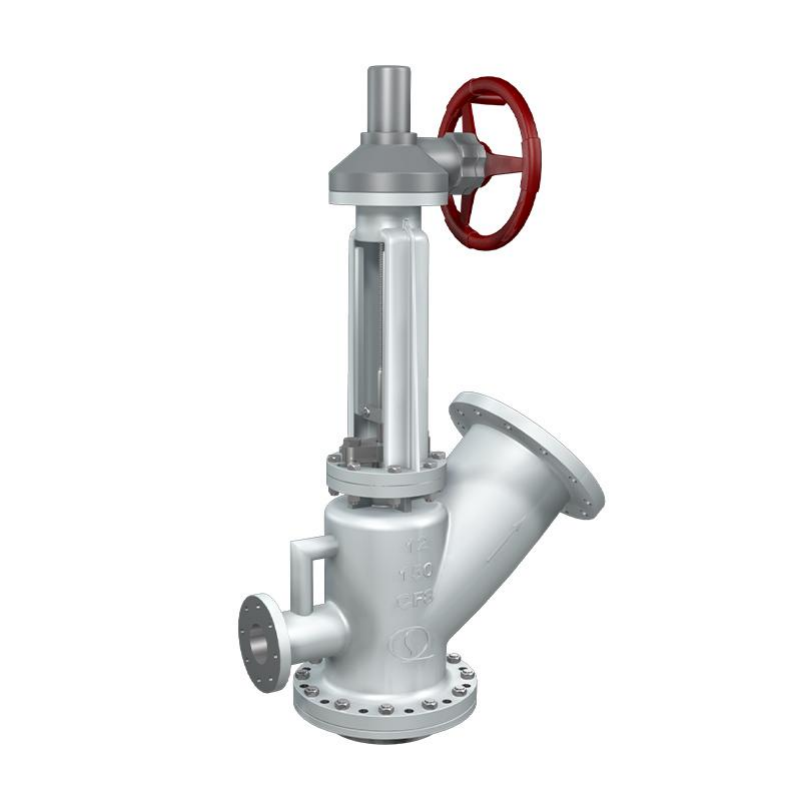
U.S. flags are displayed at Marathon Petroleum's Los Angeles Refinery in Carson, California, U.S., March 11, 2022.
Wedoany.com Report-Feb 21, Top U.S. refiners are poised to seek alternative sources for heavy, sour crudes, including running more domestic grades, as they await clarity around U.S. President Donald Trump's threatened tariffs on imports from the nation's top crude suppliers Canada and Mexico, executives said.
Running more domestic crude, which is predominantly light, sweet shale oil, through U.S. refineries could be a win for Trump, who has vowed to boost the nation's energy production and championed the fossil fuel industry.
The tariffs, however, have generated concern among refiners, who are already watching profits slide from record highs in 2022 on softer demand, as they would now take a hit from higher feedstock costs. More than 70% of U.S. processing capacity is configured to run heavier grades, which are cheaper to import from Canada and Mexico.
Trump, who took office on January 20, plans to charge a 25% tariff on Mexican crude and a 10% levy on Canadian crude beginning in March, a delay from his original plan. Canada, the biggest oil supplier to the U.S., exports some 4 million barrels per day (bpd) of crude into the U.S., 70% of which is processed by Mid-Continent refiners.
Marathon Petroleum (MPC.N), the top U.S. refiner by volume, said its refineries in the Mid-Continent region could switch from processing heavy sour crude to other grades.
"We could look to pivot to alternative crudes because of our logistics capabilities," Rick Hessling, chief commercial officer at Marathon Petroleum, told investors during the company's fourth-quarter earnings call this month.
Hessling added that domestic crude from the Bakken shale formation in North Dakota and the Rocky Mountains could be among their options.
Ohio-based Marathon operates 13 refineries in the U.S., six of which are located in the Midwest. Its 253,000-bpd refinery in Robinson, Illinois, processes large amounts of heavy crude from Canada.
The refiner warned that costs could rise if Trump's tariff plans go through, but the burden would primarily be borne by Canadian oil producers and, to a lesser extent, U.S. consumers.
"We're working with the administration and we're working with agencies, as well as the trade associations, to be sure that the right people understand the implications of these decisions,” Marathon CEO Maryann Mannen said.
Texas-based HF Sinclair , which operates seven complex refineries, could process more light sweet crude.
"What we believe in our refineries is we have the ability to lighten up," Steve Ledbetter, executive vice president of commercial at HF Sinclair , said during the company’s earnings call on Thursday. Its refining system is connected to the key crude oil delivery hub in Cushing, Oklahoma, Ledbetter added.
Its 94,000-bpd oil refinery located in Sinclair, Wyoming, and 135,000-bpd refinery in El Dorado, Kansas, need to run a certain amount of heavy crude, he said. "But we can minimize what that is and introduce a lighter slate."
Independent refiner Delek (DK.N), which operates four inland refineries, could run more light, sweet crude if it is economic to do so, its CEO Avigal Soreg said earlier this month.
"We have knobs to open," he said, emphasizing that the company would do whatever was most economic.
However, converting units to process lighter crudes economically would require refiners to invest in new equipment. Lighter crude tends to produce higher volumes of petrochemical feedstock naphtha and less of the more profitable diesel and jet fuel, which could also force some operators to reduce the amount of crude they run overall.
"If you're configured to run heavy sour crude in the Midwest, your other options, broadly, are not going to be as desirable, as economic," said Jason Gabelman, analyst at TD Cowen.
TD analysts expect U.S. refiners that run Canadian crude on the margin to switch to light sweet crude, thereby increasing the prices of U.S. benchmark West Texas Intermediate crude futures (WTI) and global benchmark Brent crude. Both benchmarks are light sweet grades.
Inland refiners that run Canadian crude as a core part of their diet would likely stick with their current crude slate, the analysts said.
Phillips 66 (PSX.N), HF Sinclair and Par Pacific Holdings (PARR.N),have elevated exposure to Canadian crude, data from TD Cowen shows.
Besides the lower transportation costs due to proximity, the price of a barrel of Canadian oil is still far cheaper for Midwest refiners than a comparative local grade produced in the Gulf of Mexico.
A barrel of Western Canada Select (WCS) heavy crude in Hardisty, Alberta, was reported to trade last at about $13 under WTI , compared with Mars Sour , a U.S. medium sour crude produced along the U.S. Gulf of Mexico, at about a $2 premium to WTI.
BRACING FOR IMPACT
Ahead of the impending tariffs, U.S. imports of Canadian crude hit record highs in January.
Valero Energy (VLO.N), the second largest U.S. refiner, anticipates a reduction in refining throughput if heavy crude feedstocks become limited, executives said during the company's earnings call last month.
"A lot depends on how far it goes and how deep you have to back off on some of those heavy barrels," said Greg Bram, vice president of refining services.
The San Antonio-based refiner's 360,000-bpd Port Arthur refinery in Texas processes Mexican heavy sour crude oil into gasoline, diesel and jet fuel.
"The Mid-Con needs Canadian oil to maintain throughput," said PBF Energy(PBF.N), CEO Matthew Lucey. "Anytime that there's going to be disruption of that size, if it happens, it will have some impact on throughput."
Houston-based Phillips 66 said the tariffs may divert Canadian oil away from the U.S. at first, while the 457,000 bpd of Mexican crude that comes into the U.S. could move to Europe or Asia instead.
"Without having really any clarity on what's going to happen, there is no way we can really speculate on how we deal with it. We're just going to have to deal with it when it comes up," said Valero's Chief Operating Officer Gary Simmons.

















